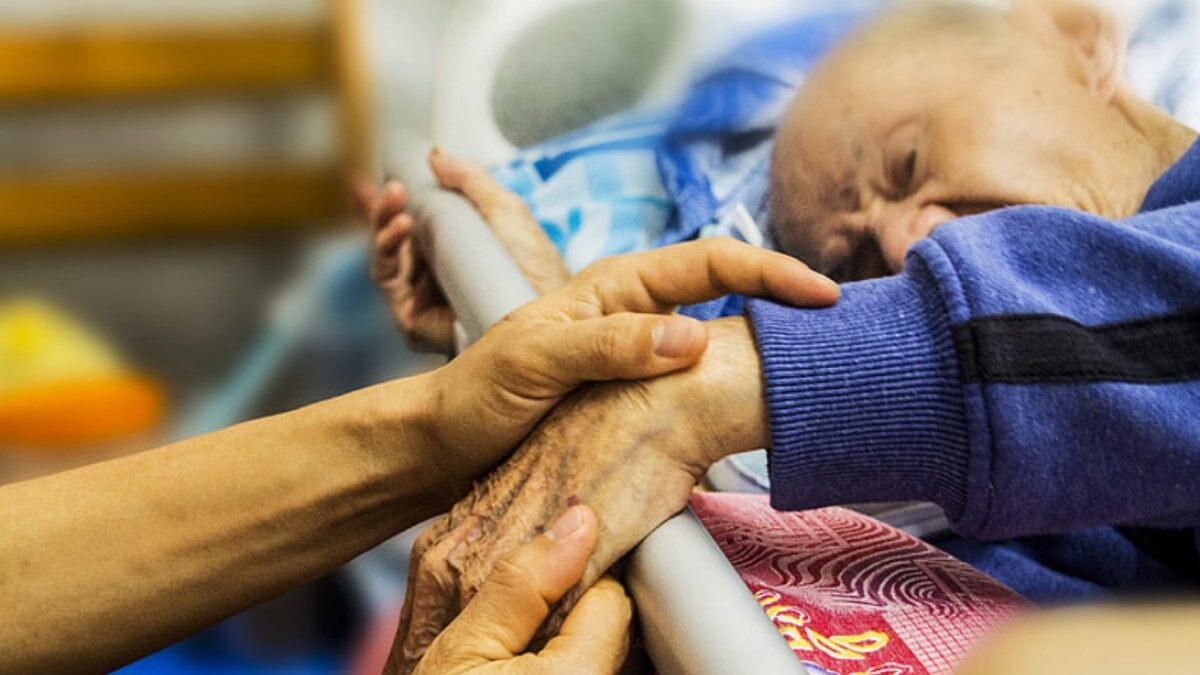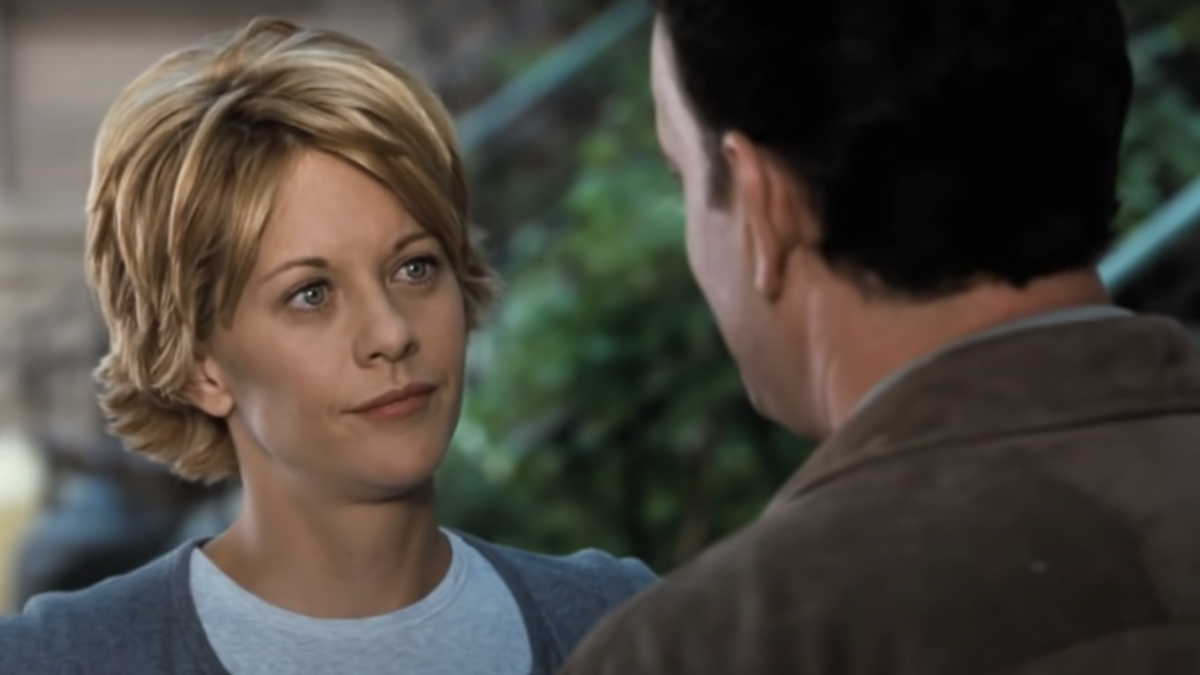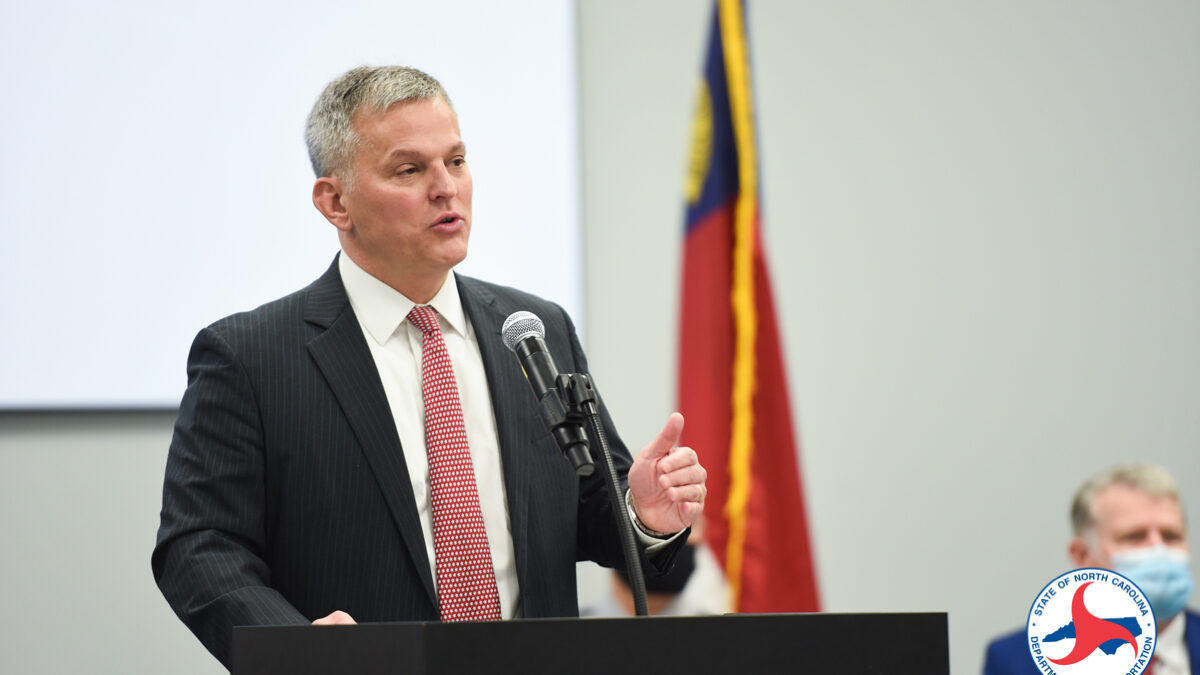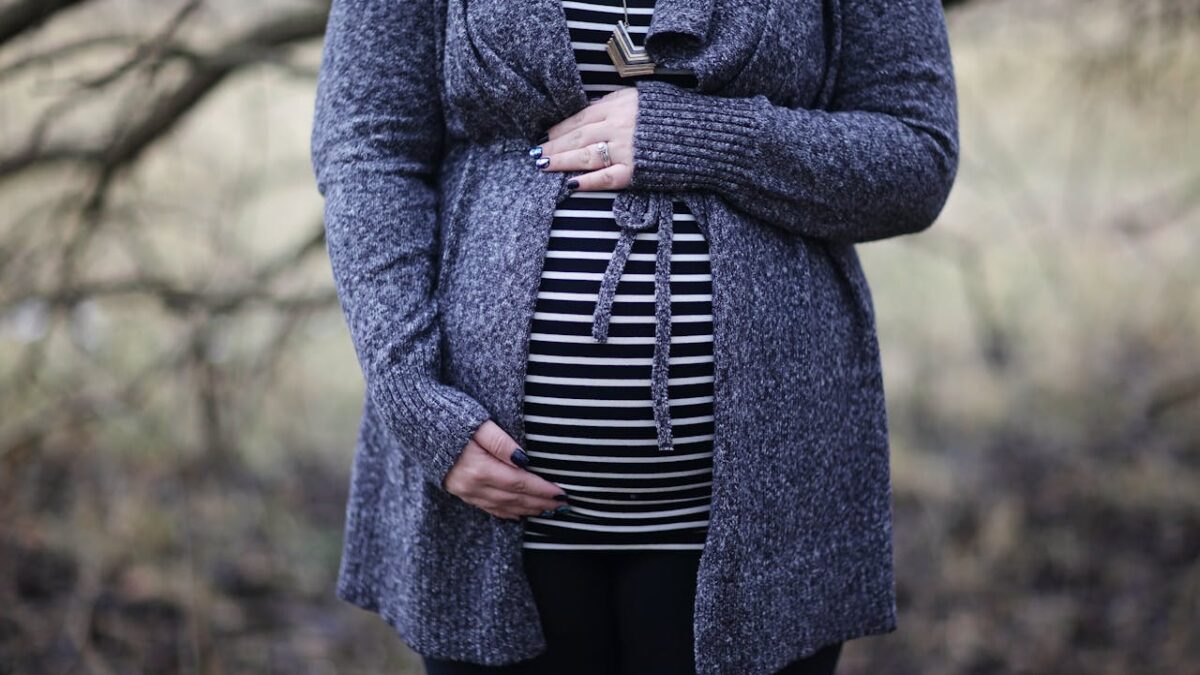
“Ms. Gomez,” Kimberly* said quietly, “Can I talk to you for a sec?” It was my last day implementing curriculum at one of the nicer high schools in the district, and I said, “Sure, what’s up?”
She proceeded to tell me how she had given her first serious boyfriend her virginity the year prior. She described the reasoning behind this decision in detail, all of which I hear on a regular basis from beautiful young girls like Kimberly. Fear that he would leave, to deepen their love, to show commitment, and because it seemed to be the expectation or norm.
With tears in her eyes, she went on to say that not long after they started having sex, he left her. She explained the feelings of desolation, abandonment, poor self-image, depression, and anxiety. Specifically, she gushed over the lesson during which we listed with traits we would want our spouses to possess. It dawned on her that day: I shouldn’t date anyone unless I would consider him a worthy partner to marry.
Looking at dating, sex, and marriage through an entirely new lens, her eyes went from 16 to 40 as she looked at me intently and said, “Don’t stop doing this. Please. Other kids need to hear this; they need to know they can have the best. You need to go to every school and tell kids what you taught us, that they can wait and be loved for who they are. I never knew I deserved someone better until we made out lists of the qualities we want in a partner.”
Many Young People Are Learning the Hard Way
My conversation with Kimberly comes at a time where abstinence-until-marriage curricula are being dragged through the media as an archaic form of moralistic sexual repression reserved exclusively for only the most backwards cities and states. The Trump administration was chastised for its hire of pro-abstinence education leader Valerie Huber, and more recently for ending federal funding for a number of “teen pregnancy prevention” programs under the U.S. Department of Health and Human Services.
It should be noted that “teen pregnancy prevention” is a remarkably pliable term and can include harmful curricula that don’t focus on self-worth or developing healthy boundaries. If teens aren’t learning that mistakes have consequences, how are they to truly comprehend deciding to have sex this weekend at a party can affect their health, future fertility, and future families?
The battleground for abstinence until marriage education continues with incredible effort on both sides of the fence. Arguments from one side, about the profound need to teach children (keyword: children) how to use contraception and alternative sexual acts other than intercourse to experience with their boyfriend or girlfriend, differ greatly from the sexual risk avoidance approach that teaches the importance of finding the right partner, the vital role of the family, and that through abstinence — and only abstinence — can pregnancy be prevented.
Lost amid this battle is the one message teenagers need above all: that they are worthy of a love that is unconditional and comes without the cost of their body.
I’m in the classroom all year around with teens, talking about these issues. I’m on my feet for seven hours a day straight, talking to kids about their value, worth, choices, and future. I’m the one who sees bright, young eyes well up with tears when I tell them how much I’m looking forward to our paths crossing, several years from now, when perhaps I’ll see them with their husband or wife, happy, fulfilled, and committed. Their tears come from a desire for genuine love.
I tell them about the struggles in my own life from having teen parents. The worst part about my job is that they can relate. They know firsthand what it’s like to have parents who aren’t married, who have never been married, who can’t even be in the same room with each other without fighting. And they don’t want that for themselves or their children. They want more, they want commitment, they want marriage—and they deserve it.
What Does Affirming Sex Ed Look Like?
Successful abstinence education begins at the root, establishing and reiterating the child’s invaluable self-worth. If the child isn’t aware of how incredibly worthy he or she is as a person, regardless of what his or her life has been like, then the message may be lost. Once young people understand their self-worth then naturally their standards for choosing a partner must rise. No longer will just anyone suffice. No longer will the student be readily willing to give up his or her body to just anyone. Now there is worth, purpose, and dignity. These very factors also help them develop healthy relationships.
One of the myths about abstinence education is that it can be stigmatizing, using language that isn’t relevant to those who have already participated in sexual activity. Good abstinence ed should bear in mind that in every classroom there are students who have suffered at the hands of a sexual predator, chosen to become sexually active, are considering it, and don’t have any sexual experience at all.
The greatest misconception about what I do for a living always comes from adults, usually accompanied by an eye roll, and a comment like, “Good luck with THAT!” as if teens were incapable of making healthy choices in their lives. These people I speak with, the ones nodding politely but thinking I’m off my rocker, don’t think teens want or need this message.
In my personal and professional experience, this is not true. Many of my students thank me for telling them that abstinence is an option, that they don’t have to have sex to be loved, and that they can wait for the right person, their future husband or wife!
This message is relevant to everyone, at any age, no matter what decisions they may have already made. It’s not condemning, stigmatizing, or preachy. It’s the truth, which speaks for itself.
What Happens When We Help Kids Envision a Better Life
One if the most moving letters I ever received from a student came from a young lady who was only 11 years old. She wrote about a conversation with her best friend, who seemed to think that because her parents had sex before marriage that she could and should do the same.
The student who had taken the abstinence until marriage course responded, “My parents did, too, and became pregnant as teenagers. But look at their lives. We don’t have a house; they’re struggling to find jobs. I don’t want to live like that.”
She proceeded to tell me, with wisdom far beyond her years, that even though she didn’t know her future husband or their children, that she already loved them. She wanted to give them the best possible life, full of love and happiness.
Despite the incessant noise from social media, movies, TV, pornography, and peer pressure, this young woman exhibited maturity, self-respect, and wisdom—and most of all, a desire for what is good. I don’t want to know the answer, but what if she had never been given the opportunity to hear that she is worth waiting for?
*Names have been changed.









